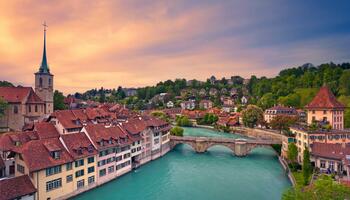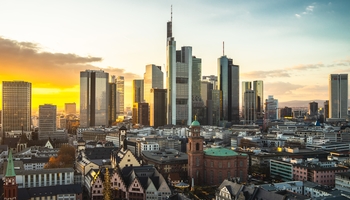Articles populaires

S'installer en Suisse : Votre guide ultime

Emballage manuel ou emballage professionnel : Quelle option convien...

Transitions urbaines avec Packers & Movers en Allemagne

Comment trouver des emballeurs et déménageurs fiables en Allemagn...

Le guide ultime des services de déménagement longue distance : Co...

Services d'experts en bricolage pour les rénovations de propriét�...


